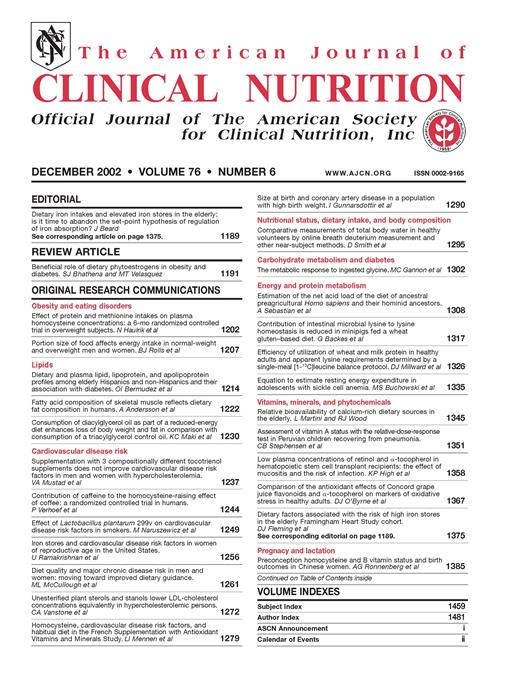High-dose vitamin therapy stimulates variant enzymes with decreased coenzyme binding affinity (increased K(m)): relevance to genetic disease and polymorphisms.

Abstract:
As many as one-third of mutations in a gene result in the corresponding enzyme having an increased Michaelis constant, or K(m), (decreased binding affinity) for a coenzyme, resulting in a lower rate of reaction. About 50 human genetic diseases due to defective enzymes can be remedied or ameliorated by the administration of high doses of the vitamin component of the corresponding coenzyme, which at least partially restores enzymatic activity. Several single-nucleotide polymorphisms, in which the variant amino acid reduces coenzyme binding and thus enzymatic activity, are likely to be remediable by raising cellular concentrations of the cofactor through high-dose vitamin therapy. Some examples include the alanine-to-valine substitution at codon 222 (Ala222–>Val) [DNA: C-to-T substitution at nucleotide 677 (677C–>T)] in methylenetetrahydrofolate reductase (NADPH) and the cofactor FAD (in relation to cardiovascular disease, migraines, and rages), the Pro187–>Ser (DNA: 609C–>T) mutation in NAD(P):quinone oxidoreductase 1 [NAD(P)H dehy-drogenase (quinone)] and FAD (in relation to cancer), the Ala44–>Gly (DNA: 131C–>G) mutation in glucose-6-phosphate 1-dehydrogenase and NADP (in relation to favism and hemolytic anemia), and the Glu487–>Lys mutation (present in one-half of Asians) in aldehyde dehydrogenase (NAD + ) and NAD (in relation to alcohol intolerance, Alzheimer disease, and cancer).
Ames BN, Elson-Schwab I, Silver EA:
Am J Clin Nutr 75(4):616-658, 2002 11916749
